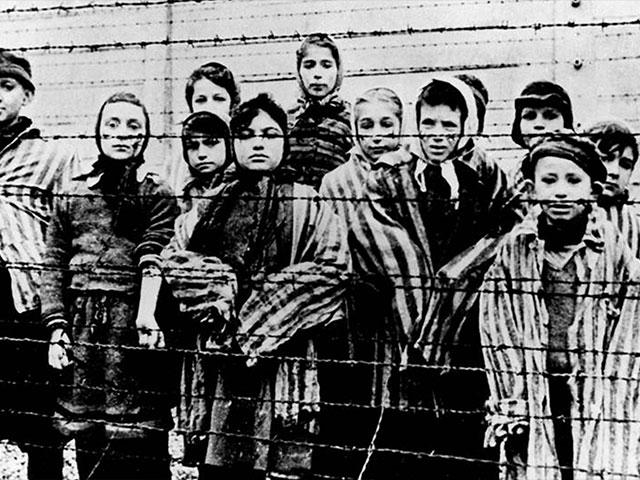
JERUSALEM, Israel – Seventy-six years after the liberation of the notorious Auschwitz death camp, European Jews are experiencing a new wave of anti-Semitism. This time it’s inspired by the COVID-19 pandemic. The concern is being noted in advance of International Holocaust Remembrance Day on January 27.
“In this time of rising antisemitism, increasing polarisation and intolerance of others, the lessons of the Holocaust have seldom been more pressing or important,” said Rabbi Menachem Margolin, Chairman of the European Jewish Association (EJA).
Margolin said despite the pandemic it’s important to commemorate the day on Wednesday.
“There are some days that transcend political or health crises, whose lesson from the past is too important to be passed by or ignored no matter what the circumstances. International Holocaust Memorial Day is such a day,” Margolin said in a statement.
“Jewish life is in Europe is currently assailed by a twin-threat: COVID-19 inspired antisemitism that has seen a resurgence of some of the worst libels and tropes; and repeated attacks on Jewish life through laws that seek to target our practices. The echoes of the past cannot be ignored,” he said.
Last year ahead of the 75th anniversary of the liberation of Auschwitz the EJA jointed with the European Action and Protection League in a symposium that invited some 100 European Education ministers and parliamentarians in a ‘Delegation to Auschwitz’. This year things are different.
The Jewish advocacy group, based in Brussels, Belgium is organizing a ZOOM commemoration to honor the memory of those who perished in the Holocaust.
Dignitaries invited to the event will include EU Commissioners, government ministers and parliamentarians as well as Jewish leaders from across Europe. They will also share ideas on the best way to eradicate anti-Semitism as well as “the increasing challenges posed by laws that impact Jewish life and practice such as Kosher slaughter and circumcision,” a statement said.
The commemoration is open to the public.
“We were determined, despite an inability to meet in our usual way, at public events, in synagogues and in national parliaments, that a commemoration was not only necessary, but given the increasing polarisation in society, the intolerance towards others and the clear rise in antisemitism that the pandemic has exacerbated, but was also in fact vital,” Margolin said.
Click here to register.
The remainder of this article is available in its entirety at CBN